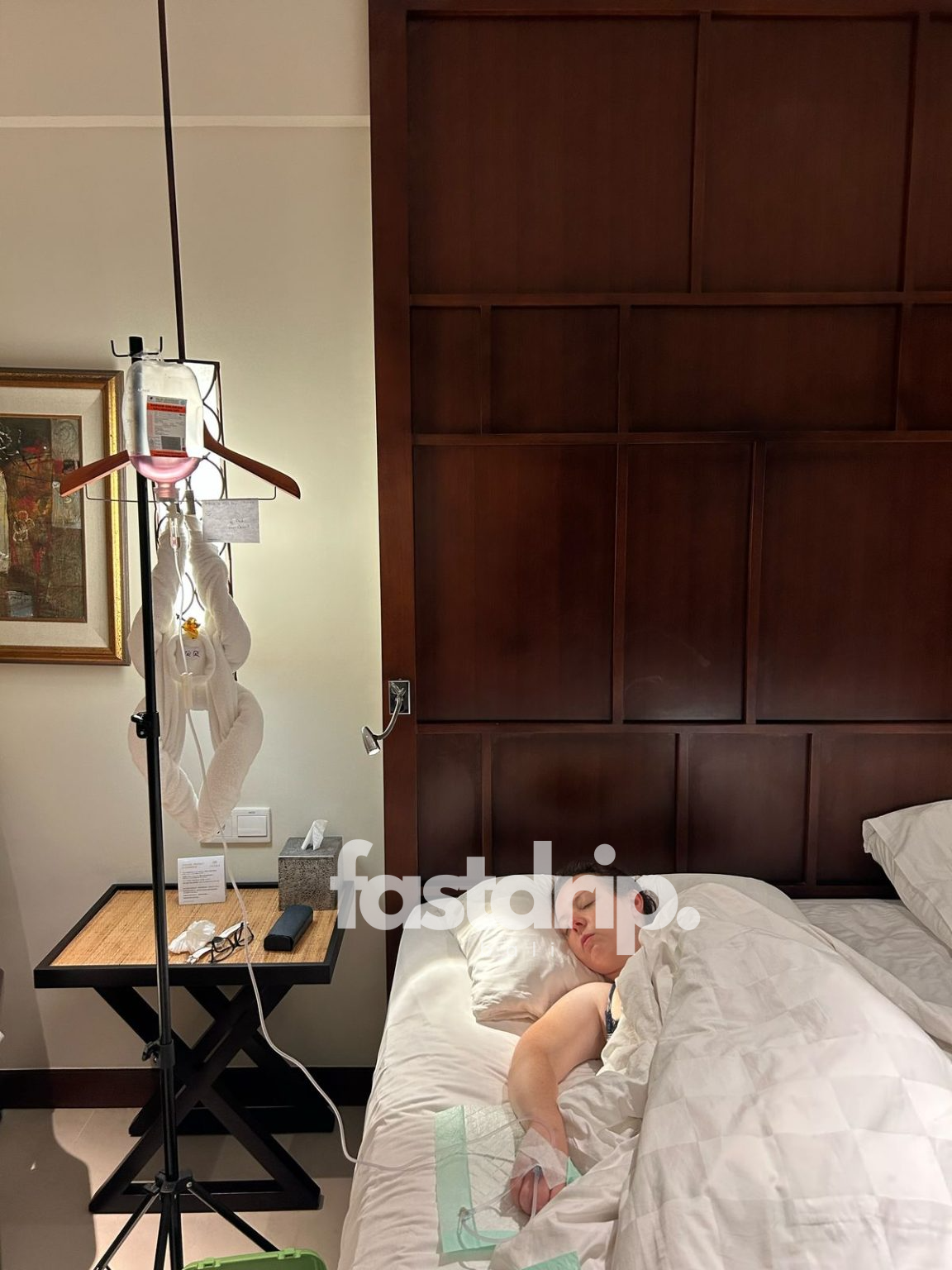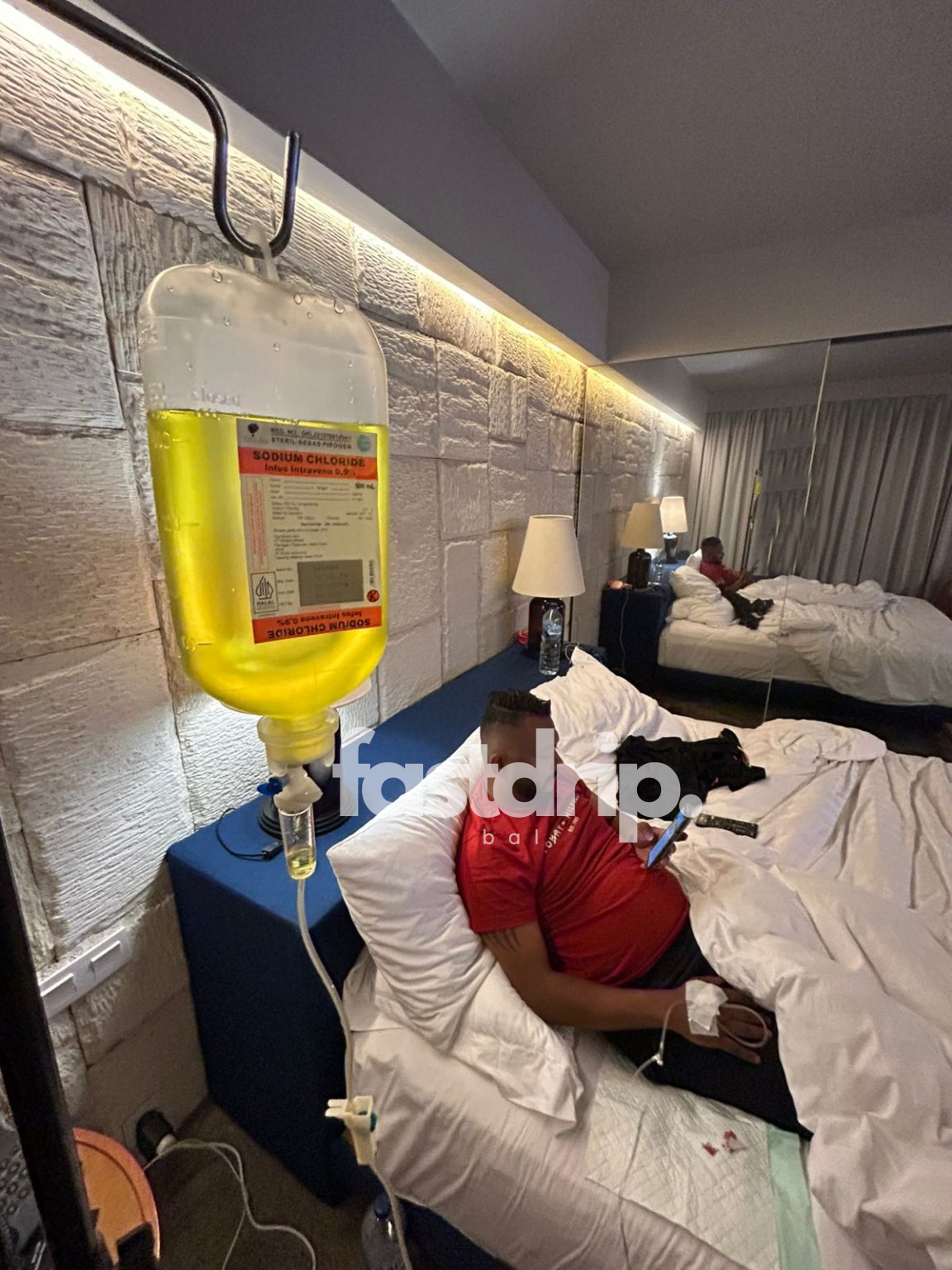When traveling to Bali, one of the common concerns many tourists face is Bali Belly—an upset stomach caused by food and water contamination. While it is usually not a serious condition, the symptoms can be uncomfortable and disruptive to your vacation. In this article, we’ll explore effective Bali Belly home care remedies, tips for prevention, and when to seek medical attention.
What is Bali Belly?
“Bali Belly” is a colloquial term for gastrointestinal distress, which is commonly caused by consuming contaminated food or water in Bali and other parts of Southeast Asia. It typically involves symptoms like diarrhea, nausea, stomach cramps, and vomiting. The condition is often triggered by bacteria such as E. coli, Salmonella, or Campylobacter found in unclean food or water sources.
Symptoms of Bali Belly
- Abdominal cramps
- Diarrhea (often with a watery consistency)
- Nausea or vomiting
- Fever
- Bloating and gas
While these symptoms are usually mild and resolve within a few days, they can cause significant discomfort and can lead to dehydration, especially if diarrhea and vomiting are frequent.
Bali Belly Home Care: Effective Remedies
If you find yourself experiencing Bali Belly during your trip, there are several home care remedies that may help alleviate symptoms and speed up recovery. Below are some natural approaches you can try:
1. Stay Hydrated
Dehydration is one of the most common risks associated with Bali Belly, especially due to diarrhea and vomiting. Drinking plenty of fluids is crucial to maintain electrolyte balance and prevent dehydration. Oral rehydration salts (ORS) are highly recommended as they contain electrolytes that can help replenish lost fluids.
- Drink coconut water for natural electrolytes.
- Avoid sugary or caffeinated drinks, as they can worsen dehydration.
2. Ginger and Peppermint Tea
Ginger and peppermint are well-known for their ability to ease nausea and settle the stomach. Both of these natural ingredients have soothing properties that can help reduce inflammation and calm an upset digestive system.
- Steep fresh ginger or peppermint leaves in hot water to make tea.
- Drink the tea a few times a day to relieve symptoms.
3. BRAT Diet
The BRAT diet (Bananas, Rice, Applesauce, and Toast) is a popular home remedy for gastrointestinal issues. These foods are gentle on the stomach and can help firm up loose stools. Additionally, they provide essential nutrients without overloading the digestive system.
- Stick to plain, non-spicy foods until your symptoms subside.
4. Probiotics
Taking probiotics can help restore the balance of good bacteria in your gut, especially after an infection. Probiotics can be found in yogurt, kefir, or taken as supplements. These beneficial bacteria help strengthen the immune system and may assist in quicker recovery from Bali Belly.
- Opt for probiotic-rich foods like yogurt or fermented vegetables.
- Consider taking a high-quality probiotic supplement to support gut health.
5. Activated Charcoal
Activated charcoal is known for its ability to absorb toxins in the stomach and intestines, helping to reduce symptoms like bloating and discomfort. It can be particularly useful if Bali Belly was caused by consuming contaminated food or drink.
- Activated charcoal capsules are available at pharmacies and health stores.
- Be sure to follow the recommended dosage to avoid side effects.
Preventing Bali Belly
While Bali Belly can be unavoidable at times, there are precautions you can take to reduce the risk of contracting it during your travels:
1. Drink Bottled or Filtered Water
Tap water in Bali may not be safe for drinking. Always opt for bottled water or use a high-quality water filter when staying in accommodations without reliable water purification systems.
2. Avoid Raw or Undercooked Foods
Street food in Bali is tempting, but it’s important to ensure that any food you eat is properly cooked. Avoid raw vegetables, undercooked meats, or seafood that may not have been prepared in hygienic conditions.
3. Wash Hands Regularly
One of the best ways to avoid Bali Belly is by practicing good hygiene. Wash your hands regularly, especially before eating or drinking, and after using public restrooms.
4. Choose Restaurants Carefully
Opt for restaurants that look clean and are popular with locals or other tourists. Hygiene standards vary, so it’s important to trust your instincts when choosing where to dine.
When to Seek Medical Help
In most cases, Bali Belly will resolve on its own within a few days. However, there are certain circumstances where you should seek medical attention:
- If symptoms persist for more than 3 days.
- If you experience severe dehydration (dry mouth, dizziness, excessive thirst).
- If you have a high fever or blood in your stool.
- If you’re unable to keep fluids down or have severe vomiting.
A doctor may prescribe antibiotics or other treatments if necessary.
Bali Belly can be an unfortunate part of your Bali vacation, but with the right home care remedies, you can alleviate the symptoms and recover quickly. Staying hydrated, sticking to gentle foods, and using natural remedies like ginger tea and probiotics are effective ways to handle Bali Belly at home or in your accommodation. By following proper prevention methods, you can minimize the risk of developing this common condition during your travels.
Remember to seek medical help if symptoms worsen or do not improve. Taking care of your digestive health during your trip ensures that you can fully enjoy all the beautiful experiences Bali has to offer.









